Indigenous communities fear toxic leaks from Canada oil industry: Report
A recent string of leaks from Canada’s oil sands tailings ponds have contaminated water, sowing mistrust among the local First Nations people.
This week, the energy giant Suncor announced a large leak from a sediment holding facility, the Guardian newspaper reported on Sunday.
The regulator said the leak “is not processed water from tailings, it is drainage from surrounding landscape” and doesn’t contain tailings.
But Alice Rigney, an elder in Athabasca Chipewyan First Nation, said the failure of holding ponds, which communities have long been reassured are safe, has sowed mistrust among residents.
“I wasn’t surprised because this isn’t the first time,” said Rigney. “Companies have been denying that there’s been any leaks or spills ever since the industry started, and they’ve spent years trying to convince us that the ponds are not leaking.”
Despite living without electricity or running water, Rigney considers herself lucky to have been born there. “What more could a child want?”
All of that has changed. The village and the whitefish are both gone, displaced by a huge dam built in the late 1960s. And when a global demand for oil spawned a rush to mine the region, the waters that had long sustained the Dene, Cree and Métis peoples became something to fear.
“We don’t drink from the river anymore. We stopped drinking way back, as soon the oil industry started,” said Rigney. “The regulator sides with industry – there’s no two ways to put it.”
But for residents who are forced to live in fear about the water they can’t drink or the food that could be tainted, environmental justice remains elusive.
“We’re not talking about compensation. I don’t want compensation. I want them off our traditional land. This is Treaty 8 territory, where my great uncle signed that treaty. They’re using our land, and they’re destroying us,” said Rigney. “This is a battle worth fighting for. I can’t say I see the light at the end of the tunnel. But as long as I have a voice, I will keep speaking.”
Also in May, Calgary-based Imperial Oil notified Alberta’s energy regulator it had discovered discolored water near its Kearl oil sands project.
The regulator soon concluded the water had come from tailings ponds where the company stored the toxic sludge-like byproducts of bitumen mining. Environmental samples showed high levels of several toxic contaminants.
But the company failed to notify the federal government and nearby Indigenous communities.
In February, there was another leak, in which over five million liters of tailings water escaped from an overflowing catchment pond. Imperial and Alberta’s energy regulator say they’ve found no evidence the tailings spill has had negative impacts to wildlife or fish. They also say none of the tailings have entered the region’s broader river system.
But chief Allan Adam of the Athabasca Chipewyan First Nation says the “trust is gone” between communities and the companies.
“There’s no way you can come back from that. And we’ll always have what happened in the back of our mind, whenever we’re out on the land,” he said. “You can’t ever forget about something like this.”
In early spring, he asked community members to throw out any meat they might have harvested.
Jean L’Hommecourt, who spends time on her brother’s trap line near the Kearl operations, still consumed moose meat after news of the spill spread throughout the community.
“Am I scared? Yes. But who’s gonna replace our traditional foods? If we throw it out, and we’re not gonna have anything to last us until the next harvest. And when you look at how much it costs to buy meat these days, we have to stick with the foods we know,” she said.
VIDEO | Bethlehem’s Aida refugee camp playground faces demolition threat
VIDEO | Gaza medical students defy Israeli occupation to resume education
Israel’s recognition of Somaliland 'naked invasion’ of Somalia's sovereignty: President
Israeli settlers damage Palestinian properties in West Bank attack
Israel killed over 700 relatives of Palestinian journalists in Gaza: Report
Hezbollah chief rejects disarmament as US-Israeli project to weaken Lebanon
VIDEO | Keeping cinema alive
VIDEO | Lavrov discusses Russia, Iran, West


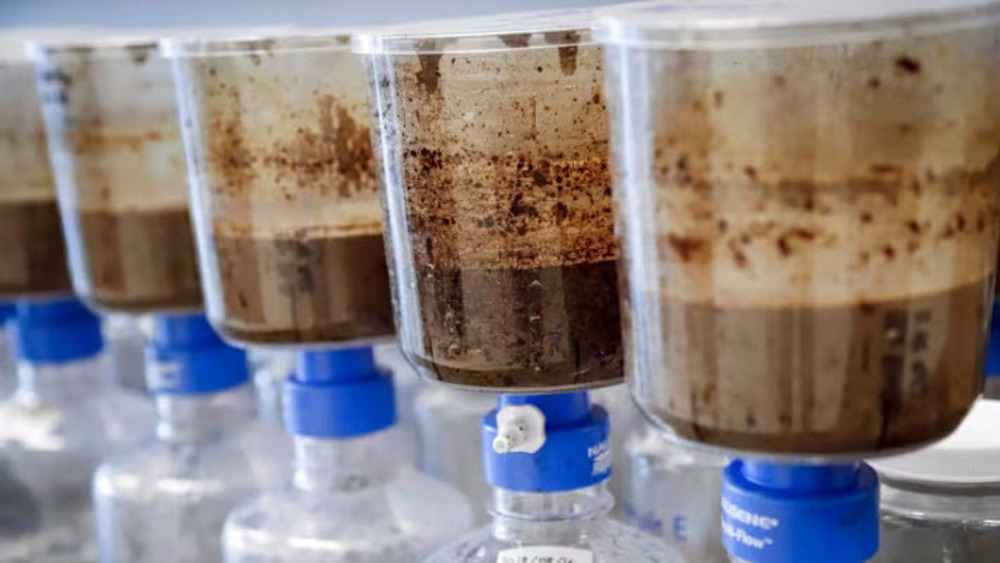
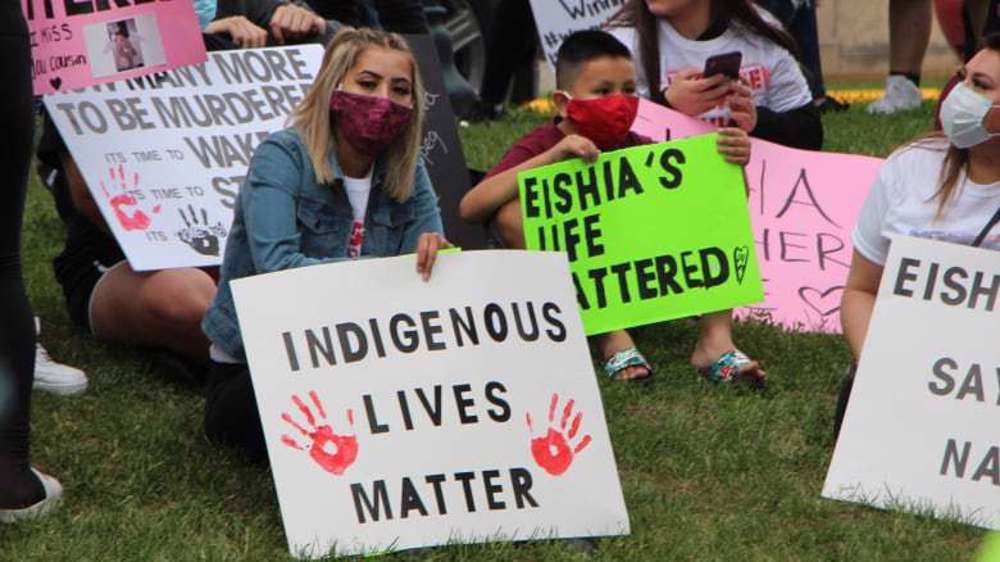

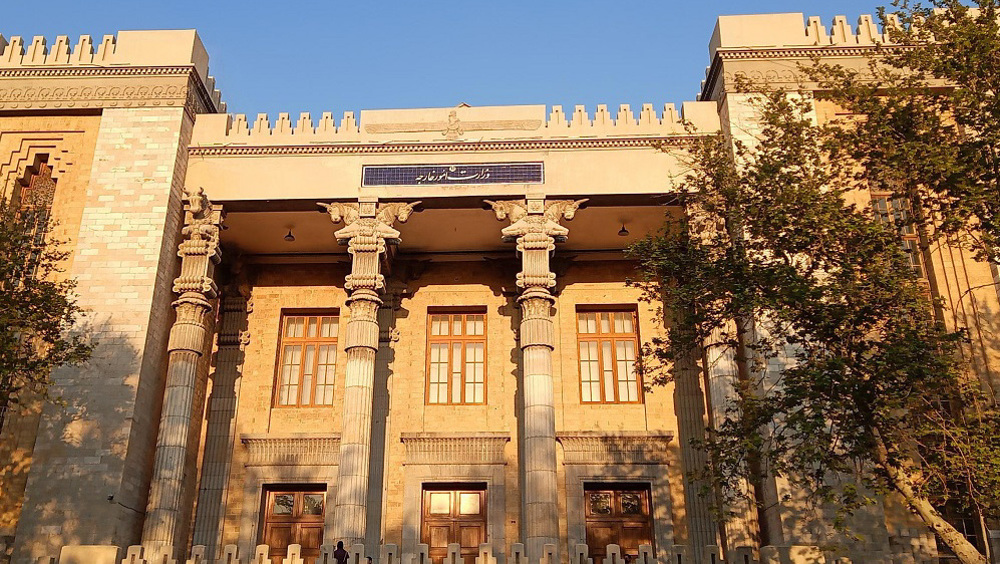





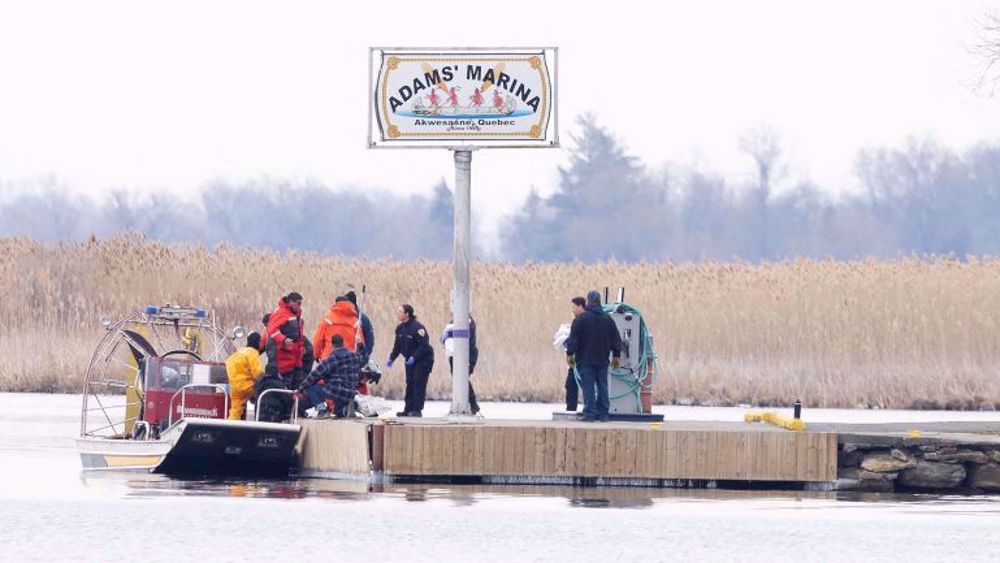
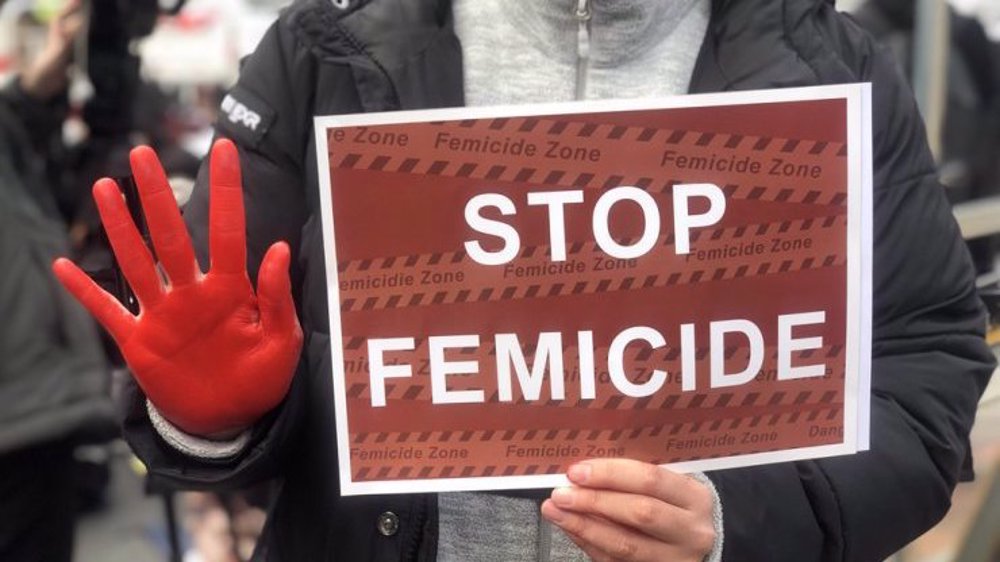
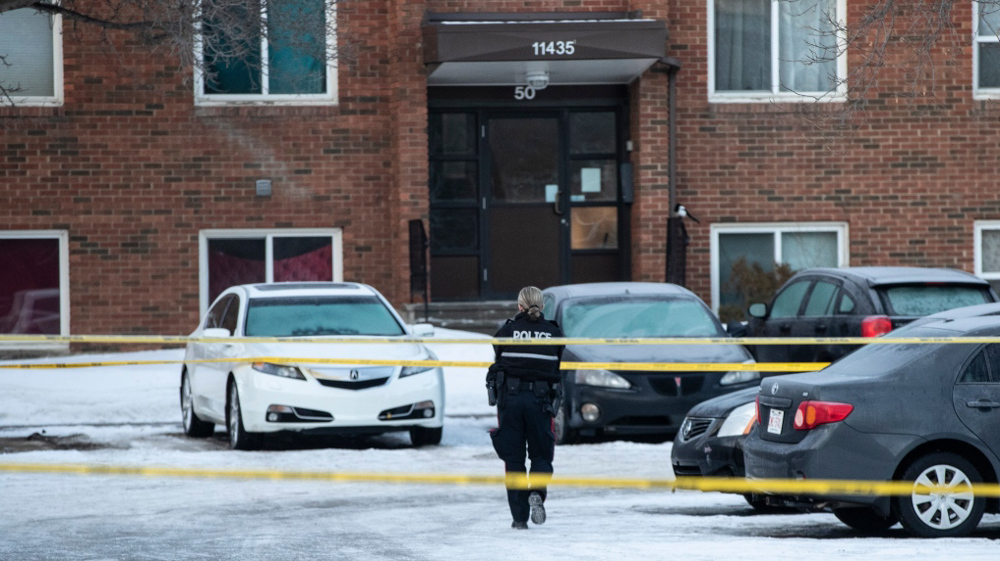

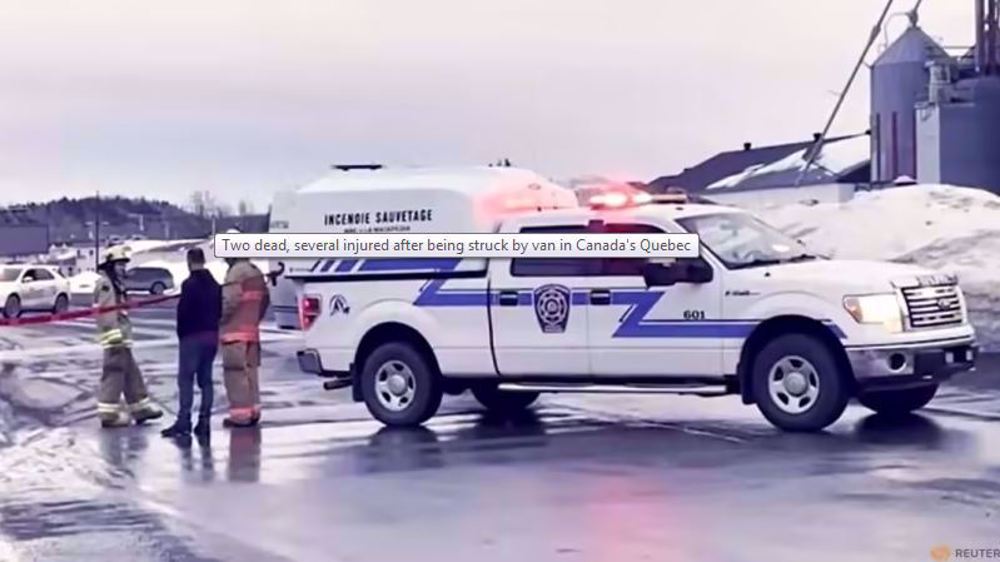
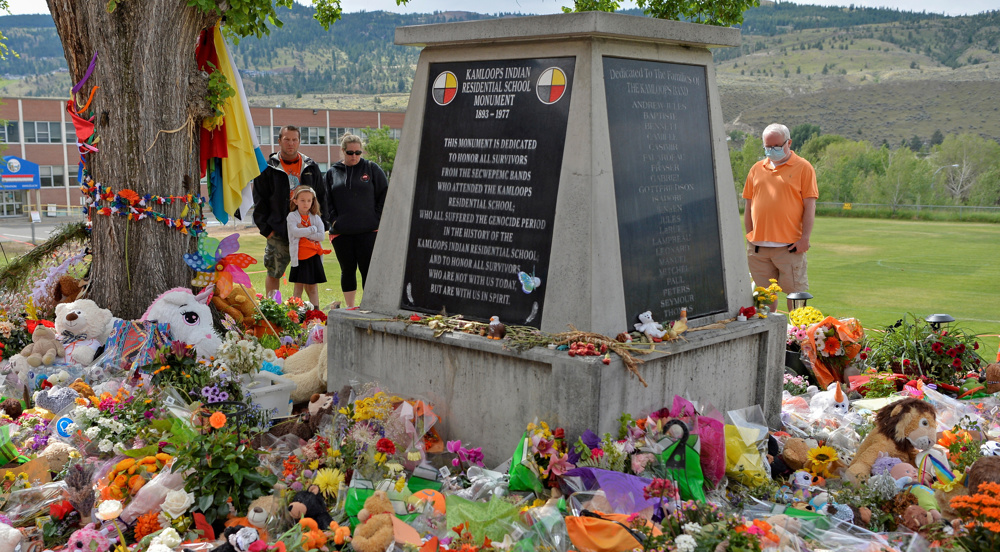
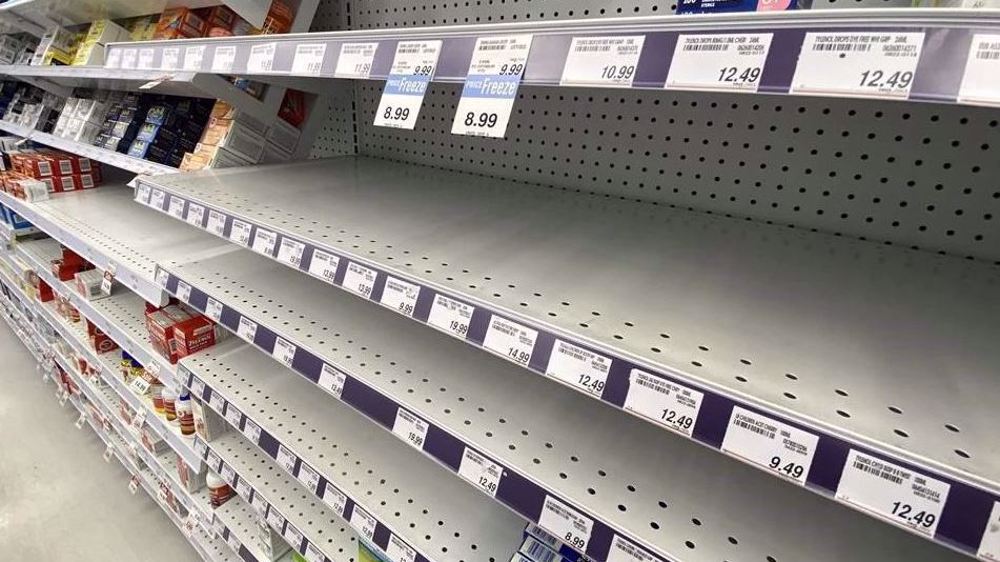

 This makes it easy to access the Press TV website
This makes it easy to access the Press TV website